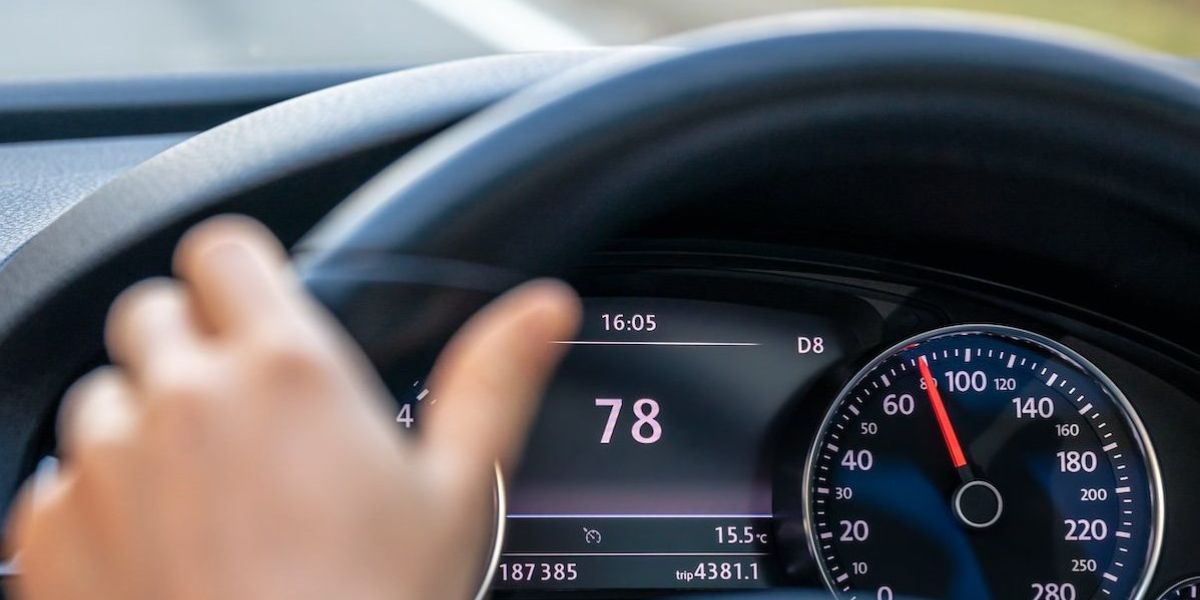Nationwide, reckless driving is a serious problem. According to WHO statistics, traffic accidents claim the lives of around two million people annually. Additionally, they are the primary cause of death for young people aged 5 to 29.
One of the primary causes of risky driving is speeding. As a result, states all around the country are putting policies in place to discourage speeding.
New speed-limiting devices will soon be installed throughout the state of Virginia, residents can anticipate.
How driving too fast increases the likelihood of risky driving?
One of the primary causes of irresponsible driving, according to the WHO, is speeding. In addition, there is a strong correlation between increasing speed and the probability of a collision as well as the impact of the collision.
The WHO estimates that for every 1% increase in average speed, the chance of a fatal crash increases by 4%, and the risk of a severe crash increases by 3%.
Pedestrians are especially at risk from speeding. As speed increases, the likelihood of a pedestrian dying in a speed-related accident rises sharply.
The chance of death for both drivers and passengers in “t-bone” auto accidents increases to 85% for cars traveling at 65 km/h. Driving while intoxicated, failing to wear seat belts, driving while distracted, and operating an unsafe vehicle are additional risk factors linked to reckless driving.
New Solid Waste Task Force Proposed to Address Tennessee’s Growing Garbage Problem
In 2026, a new speed-limiting device will be implemented in this state
Many states have been enacting various measures to prevent drivers from speeding in attempt to combat the issue. Speeding penalties are the most popular tool used by states to deter drivers from exceeding the speed limit.
Furthermore, several states impose penalties for sluggish drivers. Slow driving poses a risk to other road users even if it is not as great as speeding.
Beginning July 1, 2026, a new development is anticipated to occur in Virginia to reduce speeding. The new Intelligent Speed Assistance Program is introduced in the Virginia General Assembly by HB2096.
A driver guilty of exceeding 100 miles per hour will be able to have a speed limit device installed by a judge under this new program. Instead of suspending the driver’s license, this gadget would be used.
Although the device’s exact specifications are unknown, it would rely on GPS technology to determine the driver’s speed and stop them from increasing it. Furthermore, the driver would be in charge of paying for the device’s installation.
81-Year-Old Woman Stuck in Puerto Rico After Airline Denies Boarding to Her Emotional Support Parrot
The new bill is in line with similar measures taken by New York State and Washington, D.C., which started utilizing similar technology in 2022 and 2024, respectively.
The measure states that drivers who try to tamper with the device or go around it will be punished with a Class 1 misdemeanor, which carries a maximum jail sentence of 12 months and a fine of up to $2,500.
A misdemeanor is a legal infraction that does not fall within the felony category. These defenses typically carry jail time, probation, and/or fines as general penalties. Class 1 misdemeanors are recorded on a person’s criminal history.
A solution that benefits both parties
The new speeding devices might provide a solution that is advantageous to everyone. The condemned motorist is not only physically prohibited from using the device to speed, but their license is also retained.
Since license suspension frequently has far more detrimental effects than intended, the practice has long been criticized. Specifically, these suspension rules disproportionately impact low-income individuals, which can perpetuate the cycle of debt and poverty.
Source: Ecoticias



